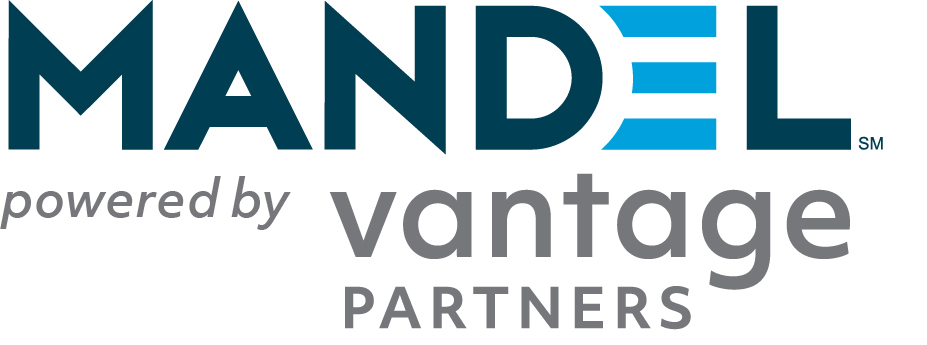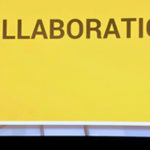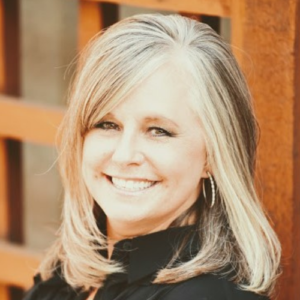Can you believe that I share something in common with the former curator of the Nobel Prize Museum in Stockholm?
OK, so it’s just that we were both at the 2019 European ABPM Conference in Belgium last month.
Still, I’m thrilled to have met creativity and learning expert Tobias Degsell. Why? Because he gave one of the most fascinating talks I’ve ever heard on the hot topic of collaboration.
“Ideas are easy. Execution is everything.”
Doesn’t that perfectly sum up one of the biggest challenges professionals face? The gap between knowing what to do and actually doing it.
In our experience at Mandel, for example, most people KNOW that they need to communicate better but aren’t sure HOW to do it.
Tobias was talking about something a bit different. Something vital for Briefing Professionals and their SME teams. He was talking about the fact that it takes a team to make ideas reality.
To increase your chances of success? Collaborate!
Obsessed with Nobel Laureates, Tobias looked at how they came up with and then executed their ideas. He uncovered some common ingredients of success. Among them? Creativity, courage, and persistence. But another factor seems to matter even more.
I know what you’re thinking. No, it’s not that they were super smart or that they always had the best ideas. It’s that they were able to communicate and collaborate with people who were different from them.
As Tobias sums it up, “It takes a team to win.”Why doesn’t this kind of Nobel Prize-winning collaboration happen more often? Because people who are different from one another often don’t like or trust each other.
It goes back to trust, Tobias insists. Without trust, collaboration doesn’t happen. And without collaboration, you can’t achieve innovation.
In other words, you can have the smartest, most incredible ideas in the history of mankind—but if you can’t communicate them and collaborate well with others, you won’t be successful.
The same is true for companies undergoing massive transformation efforts right now. If people can’t collaborate well across functions and teams, failure is inevitable.
Build diverse teams of people who trust each other.
If you were to look at universities that have contributed the most Nobel Laureates, you’d see a pattern emerge, Tobias says. By and large, these universities had designed courses, spaces, labs, and other interventions that encouraged interaction between diverse groups of people.
Tobias’ survey of living Nobel Laureates further revealed that liking and trusting the people they worked with increased their ability to complete important tasks and projects.
Building collaborative spaces and cross-functional teams probably feels doable, at face value, for most organizations. But ensuring that people like or trust one another?
Doesn’t feel as easy, does it?
Make no mistake, it can be done.It comes down to understanding and encouraging behaviors that build trust—for example, active listening, transparency, authenticity, empathy, helpfulness, recognition—and discouraging ones that break trust.
I couldn’t help but see similarities between what Tobias uncovered and the findings of Google’s Project Aristotle. In looking at what makes teams successful, Google also concluded that trust was the single most important factor.
Just like professionals who manage Customer Briefing and Innovation Centers, you too may be faced with how to build cross-functional teams that work more successfully together. And, as is the case with just about anything involving humans, that challenge may feel daunting. Maybe even impossible.
Let me reassure you that it is possible. Thanks to research like that conducted by Google and Tobias, we’re gaining a better understanding of what it takes to create and mobilize high-performing teams.
For us at Mandel, it’s an exciting field of research that has helped us to codify and build training around the skills needed to lead effective cross-functional teams and motivate their success.
As it turns out, Tobias and I share something else in common. We both believe that it not only takes a team to win, but that winning teams can change the world.
Learn More
Want to learn more? Please check out our other blogs on collaboration skills. Or explore how collaboration and team-building training from Mandel can help you empower your people to work better together and achieve even more.







